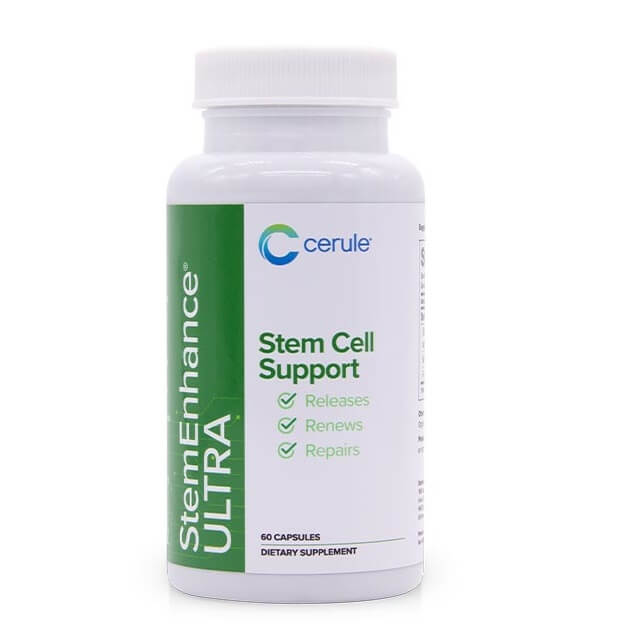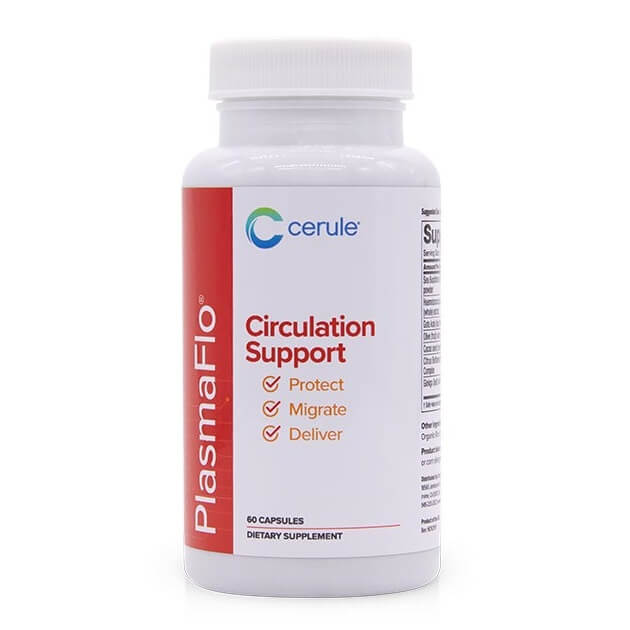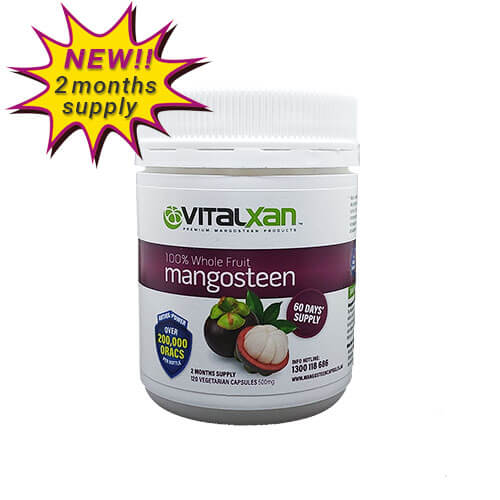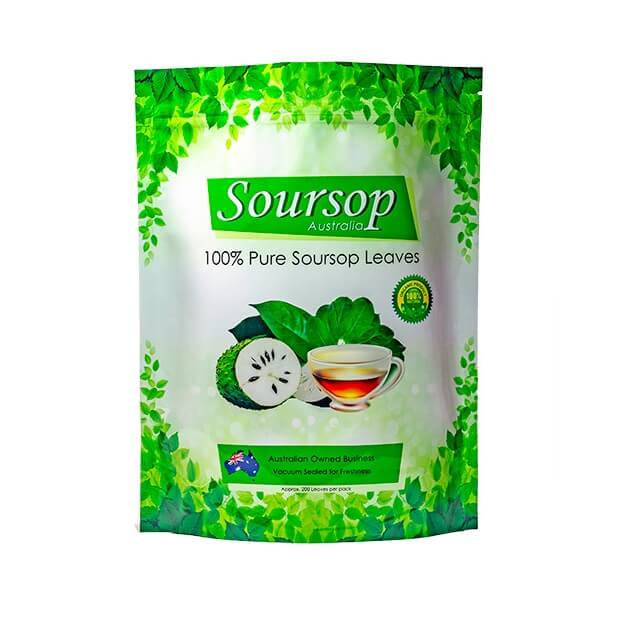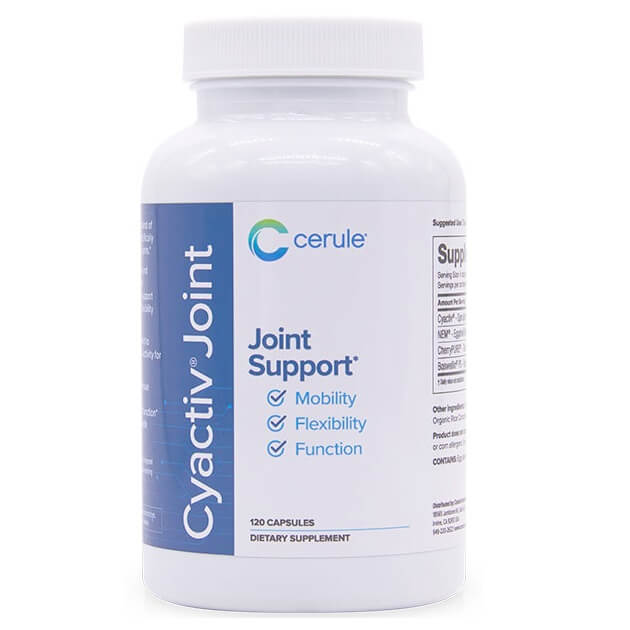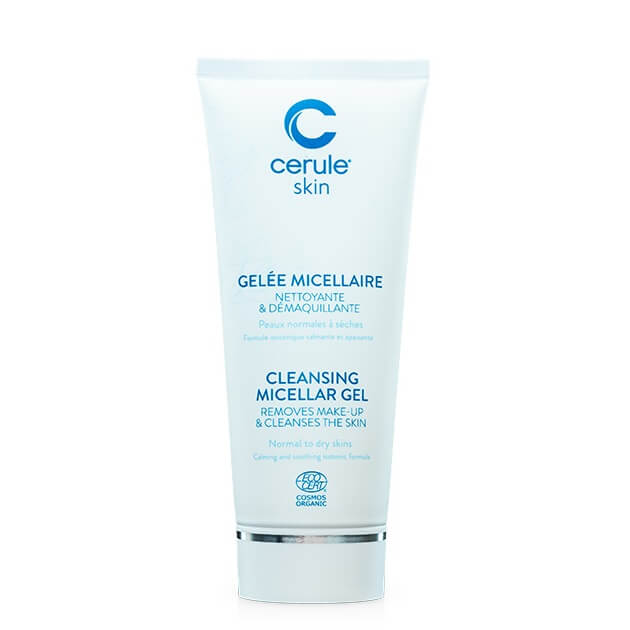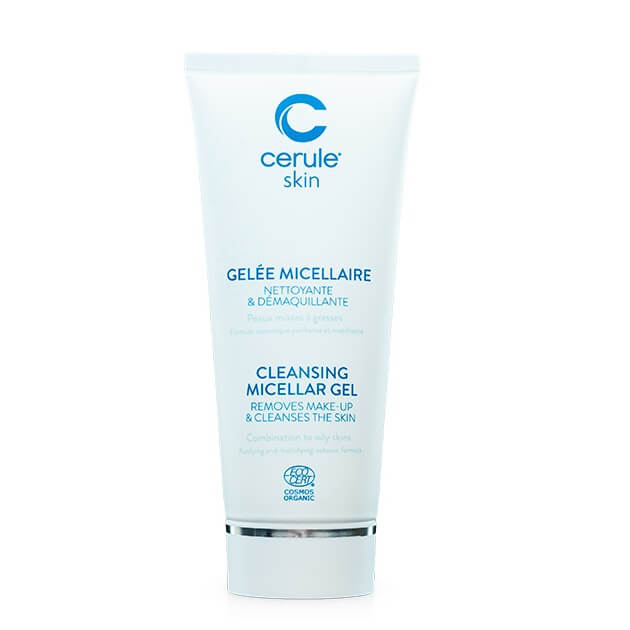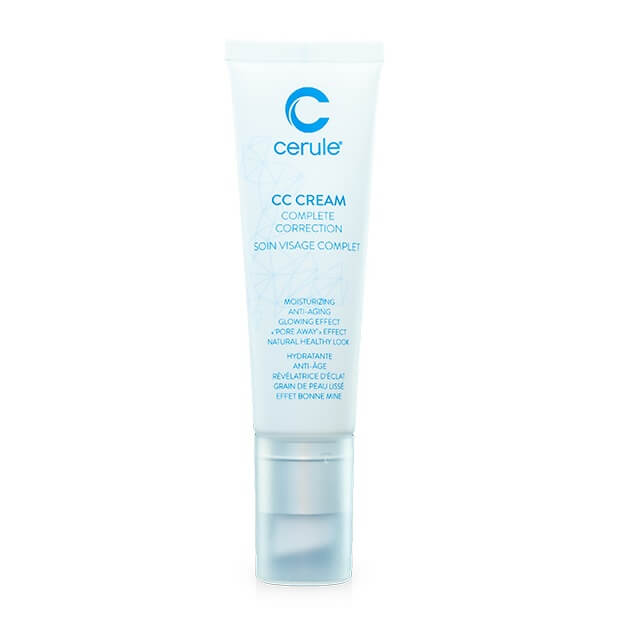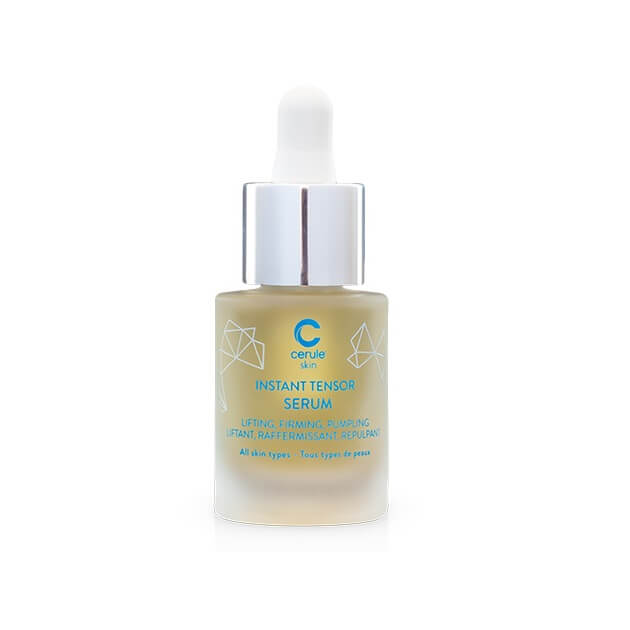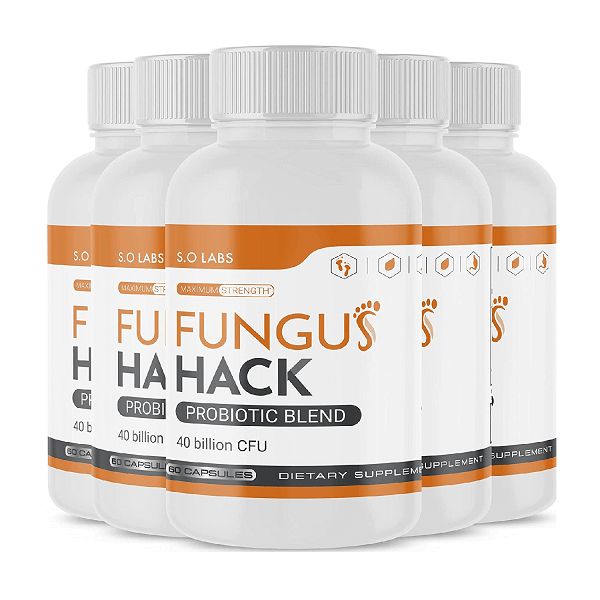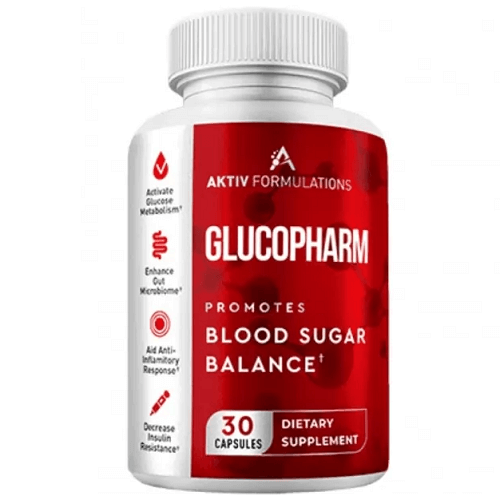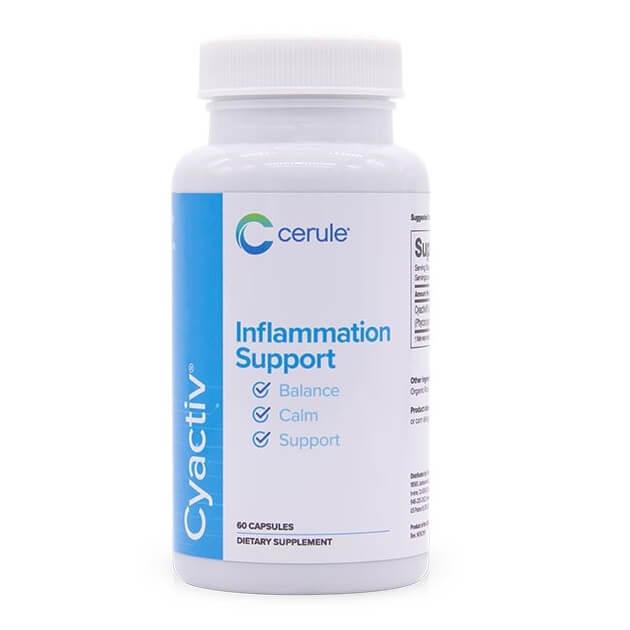Complimentary Medicine
Complimentary Medicine
 Introduction to Complementary Medicine
Introduction to Complementary Medicine
Complimentary Medicine, or alternative or natural medicine, is a holistic approach to health that complements conventional medical practices. It emphasizes using natural remedies, traditional therapies, and lifestyle modifications to promote overall well-being. The goal is to enhance the body’s natural healing abilities and restore balance.
Cerule Stemenhance Ultra
Unlocking the Power of Stem Cells
Cerule Stemenhance Ultra is a groundbreaking product that harnesses the power of stem cells to support the body’s rejuvenation process. Stem cells can differentiate into various cell types, making them essential for tissue repair and regeneration. This supplement aims to enhance the release of adult stem cells, aiding in maintaining optimal health and vitality.
Cerule PlasmaFlo
Enhancing Circulation for Improved Health
Cerule PlasmaFlo is a unique formula for healthy blood flow and circulation. By promoting the dilation of blood vessels, this product helps improve nutrient and oxygen delivery to tissues and organs. Enhanced circulation can benefit cardiovascular health, promote detoxification, and boost overall energy levels.
Cerule Cyactiv
A Natural Defense Against Inflammation
Chronic inflammation is at the root of many health issues, including autoimmune diseases and aging-related ailments. Cerule Cyactiv contains a potent natural extract sourced from Spirulina, which helps to modulate inflammation and reduce oxidative stress. By providing a natural defense against inflammation, this product can support immune function and overall health.
Cerule Cyactiv Joint
Nourishing Joint Health
For those seeking relief from joint discomfort and improved mobility, Cerule Cyactiv Joint is a valuable option. This supplement combines the benefits of Cyactiv with ingredients that support joint health and cartilage repair. The result is a powerful formula that promotes comfort, flexibility, and long-term joint support.
Cerule Cleansing Micellar Gel – Oily
Gentle Cleansing for Oily Skin
Proper skincare is essential for maintaining a healthy complexion. Cerule Cleansing Micellar Gel – Oily is specifically formulated for individuals with oily skin types. It effectively removes impurities, excess oil, and makeup without disrupting the skin’s natural barrier. The result is a clean, refreshed, and balanced complexion.
Cerule Cleansing Micellar Gel – Dry
Nourishing Care for Dry Skin
Dry skin requires gentle and nourishing care to prevent dehydration and promote suppleness. Cerule Cleansing Micellar Gel – Dry is infused with hydrating ingredients that cleanse and soothe dry skin, leaving it feeling soft and rejuvenated. This product is ideal for individuals seeking a gentle and effective cleansing solution.
Cerule CC Cream
Your All-in-One Complexion Enhancer
A high-quality CC Cream is a valuable addition to any makeup routine. Cerule CC Cream offers multiple benefits in one product, including color correction, sun protection, hydration, and antioxidant support. It provides a flawless and natural-looking finish while nourishing the skin with beneficial ingredients.
Cerule Regenerating Night Cream
Overnight Renewal for Radiant Skin
Nighttime is when the skin undergoes repair and regeneration. Cerule Regenerating Night Cream is formulated to optimize this natural process. It contains potent ingredients that promote cellular renewal, increase collagen production, and improve skin elasticity. Wake up to smoother, more radiant skin with this rejuvenating night cream.
Cerule CollagenActiv
Supporting Youthful Skin from Within
Collagen is a crucial protein that maintains skin elasticity and reduces the appearance of fine lines and wrinkles. Cerule CollagenActiv is a supplement designed to support collagen production from within. Nourishing the skin from the inside out helps promote a youthful and radiant complexion.
Cerule Instant Tensor Serum
Instantaneous Skin Tightening
Sometimes, a quick lift is needed to enhance the appearance of the skin. Cerule Instant Tensor Serum provides an immediate tightening effect, reducing the appearance of fine lines and wrinkles. It creates a smooth and lifted appearance, making it an excellent addition to any beauty routine.
Vitalxan Mangosteen
The Antioxidant Powerhouse
Vitalxan Mangosteen is a potent antioxidant supplement derived from the mangosteen fruit. Antioxidants are crucial in neutralizing free radicals, which can cause cellular damage and contribute to aging and disease. Incorporating Vitalxan Mangosteen into your daily routine supports your body’s defense against oxidative stress.
Soursop Leaves
A Natural Immune Support
Soursop leaves have been used for centuries in traditional medicine for their immune-boosting properties. These leaves contain various bioactive compounds that support the body’s natural defense mechanisms. Incorporating Soursop Leaves into your wellness routine may help enhance immune function and overall health.
Complimentary Medicine
Complimentary Medicine offers a holistic approach to health and well-being, focusing on natural remedies and lifestyle adjustments. In this article, we explored various products designed to support and enhance different aspects of health, from stem cell activation to immune support and skincare. Individuals can take proactive steps toward optimal health by incorporating these products into a balanced lifestyle.
Remember, when considering any new supplement or health regimen, it is essential to consult with a healthcare professional to ensure it aligns with your specific needs and medical history. Always prioritize your well-being and choose products from reputable sources to achieve the best possible outcomes.
Incorporate Complimentary Medicine into your life and unlock the potential for a healthier, happier you
1. Alternative Health
In today’s fast-paced world, the pursuit of health and wellness has become increasingly important. While conventional medicine plays a significant role in healthcare, there is a growing interest in alternative health practices that offer a holistic approach to well-being. This article explores the concept of alternative health, examples of alternative health practices, the distinction between complementary and alternative health, and the various treatments used by alternative health care providers. Table of Contents- Alternative Health
- What is Alternative Health?
- Examples of Alternative Health Practices
- Understanding Alternative Health in the Context of Wellness
- Complementary vs. Alternative Health
- Types of Treatments Used by Alternative Health Care Providers
- Acupuncture
- Herbal Medicine
- Chiropractic Care
- Homeopathy
- Benefits and Limitations of Alternative Health
- Integrating Alternative Health with Conventional Medicine
- Conclusion
2. What is Alternative Health?
Alternative health refers to a broad range of non-traditional healing approaches and practices that aim to promote well-being and restore balance within the body. These approaches often focus on the interconnectedness of the mind, body, and spirit, recognizing that physical ailments may have underlying emotional or spiritual causes. Alternative health emphasizes natural healing methods and the body’s inherent ability to heal itself when provided with the right conditions.3. Examples of Alternative Health Practices
There are numerous Alternative health practices that individuals can explore to enhance their well-being. Some popular examples include:- Ayurveda: An ancient Indian system of medicine that utilizes herbal remedies, dietary modifications, and lifestyle practices to promote balance and harmony within the body.
- Traditional Chinese Medicine (TCM): Based on the concept of qi (life force energy), TCM includes practices such as acupuncture, herbal medicine, and tai chi to restore the flow of qi and promote health.
- Naturopathy: Naturopathic medicine emphasizes natural therapies, including nutrition, herbal medicine, hydrotherapy, and lifestyle changes, to support the body’s self-healing abilities.
- Homeopathy: Homeopathic medicine uses highly diluted substances to stimulate the body’s vital force and encourage healing from within.
- Chiropractic Care: Chiropractors focus on the alignment of the spine and nervous system, using manual adjustments to promote optimal health and alleviate pain.
4. Understanding Alternative Health in the Context of Wellness
Alternative health is closely tied to the concept of wellness, which encompasses physical, mental, and emotional well-being. Alternative health practices recognize the importance of addressing the root causes of illness, rather than merely treating symptoms. By considering the individual as a whole, alternative health aims to promote overall balance and harmony, leading to improved quality of life and enhanced well-being.5. Complementary vs. Alternative Health
Complementary health and alternative health are often used interchangeably, but they have distinct meanings. Complementary health refers to practices used alongside conventional medicine to enhance its effects and provide additional support. For example, using acupuncture to alleviate pain while undergoing chemotherapy. On the other hand, alternative health practices are used instead of conventional medicine as the primary method of treatment.6. Types of Treatments Used by Alternative Health Care Providers
Alternative health care providers employ a variety of treatments to address health concerns. Here are four commonly used treatments:6.1 Acupuncture
Acupuncture involves the insertion of thin needles at specific points on the body to stimulate energy flow and restore balance. It is based on the belief that energy pathways, known as meridians, traverse the body, and disruptions in this energy flow can lead to illness. Acupuncture is commonly used to alleviate pain, promote relaxation, and address various conditions such as migraines, arthritis, and digestive disorders.6.2 Herbal Medicine
Herbal medicine, also known as botanical medicine, utilizes plants and their extracts to promote healing and restore balance within the body. Different herbs possess specific properties that can support various aspects of health. Herbal remedies may be prepared as teas, tinctures, capsules, or topical applications. Examples of commonly used herbs include chamomile for relaxation, ginger for digestion, and echinacea for immune support.6.3 Chiropractic Care
Chiropractic care focuses on the alignment of the spine and its impact on the nervous system. Chiropractors use manual adjustments, spinal manipulation, and other techniques to correct misalignments, reduce pain, and enhance the body’s ability to heal itself. This approach is commonly sought for conditions such as back pain, neck pain, and headaches.6.4 Homeopathy
Homeopathy is a system of medicine based on the principle of “like cures like.” It involves using highly diluted substances that, in their undiluted form, would produce symptoms similar to those being treated. Homeopathic remedies aim to stimulate the body’s vital force and promote self-healing. They are available in various forms, such as pellets or liquid preparations.7. Benefits and Limitations of Alternative Health
Alternative health practices offer several benefits, including:- Holistic approach: Alternative health considers the interconnectedness of physical, mental, and emotional well-being, providing a comprehensive approach to health.
- Personal empowerment: Alternative health encourages individuals to take an active role in their own health and well-being by making lifestyle changes and adopting self-care practices.
- Potential for fewer side effects: Many alternative health practices focus on natural therapies and remedies, which may have fewer side effects compared to pharmaceutical interventions.
- Individualized treatment: Alternative health care providers often take into account the unique needs and characteristics of each person, tailoring treatments to their specific condition.
- Lack of scientific evidence: Some alternative health practices may have limited scientific research supporting their effectiveness, which can make it challenging to evaluate their true benefits.
- Potential for misinformation: The popularity of alternative health has led to the proliferation of misinformation and unverified claims, requiring individuals to exercise caution and seek reliable sources of information.
- Not a substitute for urgent medical care: While alternative health practices can complement conventional medicine, they may not be appropriate for acute or life-threatening conditions that require immediate medical attention.
8. Integrating Alternative Health with Conventional Medicine
Integrative medicine, which combines alternative health practices with conventional medical approaches, is gaining recognition as a comprehensive and patient-centered approach to healthcare. By incorporating the best of both worlds, individuals can benefit from a wide range of treatment options, personalized care, and improved overall well-being. It is important for individuals to communicate openly with their healthcare providers and seek professional guidance when integrating alternative health practices with conventional treatments.9. Alternative Health
Alternative health offers a holistic and individualized approach to well-being, focusing on the interconnectedness of the mind, body, and spirit. By exploring practices such as acupuncture, herbal medicine, chiropractic care, and homeopathy, individuals can complement their conventional medical treatments and enhance their overall health and quality of life. It is essential to approach alternative health with an open mind, seek reliable information, and consult with healthcare professionals to make informed decisions about one’s health journey. Remember, alternative health should not be seen as a replacement for conventional medical care, but rather as a valuable addition to support overall wellness.A Holistic Approach to Wellness
In today’s fast-paced world, the pursuit of health and wellness has gained immense significance. While conventional medicine plays a vital role in healthcare, there is a growing interest in alternative health practices that offer a holistic approach to well-being. This article explores the concept of alternative health, provides examples of alternative health practices, examines the distinction between complementary and alternative health, and delves into various treatments employed by alternative health care providers.
What is Alternative Health?
Alternative health encompasses a diverse range of non-traditional healing approaches and practices aimed at promoting well-being and restoring balance within the body. These approaches recognize the interconnectedness of the mind, body, and spirit, acknowledging that physical ailments may stem from emotional or spiritual causes. Alternative health emphasizes natural healing methods, relying on the body’s inherent ability to heal itself when provided with the appropriate conditions.
Examples of Alternative Health Practices
There exist numerous alternative health practices that individuals can explore to enhance their well-being. Some prominent examples include:
Ayurveda: Originating from ancient India, Ayurveda utilizes herbal remedies, dietary modifications, and lifestyle practices to promote balance and harmony within the body.
Traditional Chinese Medicine (TCM): Based on the concept of qi (life force energy), TCM encompasses practices such as acupuncture, herbal medicine, and tai chi to restore the flow of qi and foster health.
Naturopathy: Naturopathic medicine emphasizes natural therapies, including nutrition, herbal medicine, hydrotherapy, and lifestyle changes, to support the body’s self-healing abilities.
Homeopathy: Homeopathic medicine employs highly diluted substances to stimulate the body’s vital force and encourage healing from within.
Chiropractic Care: Chiropractors focus on the alignment of the spine and the nervous system, employing manual adjustments to promote optimal health and alleviate pain.
Understanding Alternative Health in the Context of Wellness
Alternative health is closely intertwined with the concept of wellness, which encompasses physical, mental, and emotional well-being. Unlike conventional medicine that often focuses on treating symptoms, alternative health practices aim to address the root causes of illness. By considering the individual as a whole, alternative health strives to promote overall balance and harmony, leading to an improved quality of life and enhanced well-being.
Complementary vs. Alternative Health
Although complementary health and alternative health are sometimes used interchangeably, they carry distinct meanings. Complementary health practices refer to those used alongside conventional medicine to enhance its effects and provide additional support. For instance, acupuncture may be employed to alleviate pain while undergoing chemotherapy. On the other hand, alternative health practices are utilized as the primary method of treatment, substituting conventional medicine altogether.
Types of Treatments Used by Alternative Health Care Providers
Alternative health care providers employ a variety of treatments to address health concerns. Here are four commonly utilized treatments:
Acupuncture: This technique involves the insertion of thin needles at specific points on the body to stimulate energy flow and restore balance. By targeting energy pathways, known as meridians, disruptions in energy flow that can lead to illness are addressed. Acupuncture is frequently sought after to alleviate pain, induce relaxation, and manage conditions such as migraines, arthritis, and digestive disorders.
Herbal Medicine: Herbal medicine, also known as botanical medicine, harnesses the healing properties of plants and their extracts. Different herbs possess specific characteristics that support various aspects of health. Herbal remedies can take the form of teas, tinctures, capsules, or topical applications. Examples of commonly used herbs include chamomile for relaxation, ginger for digestion, and echinacea for immune support.
Chiropractic Care: Chiropractic care focuses on the alignment of the spine and its impact on the nervous system. Chiropractors utilize manual adjustments, spinal manipulation, and other techniques to correct misalignments, reduce pain, and enhance the body’s natural ability to heal itself. This approach is commonly sought after for conditions such as back pain, neck pain, and headaches.
- Homeopathy: Homeopathy is a system of medicine that operates on the principle of “like cures like.” Highly diluted substances are used to stimulate the body’s vital force and promote self-healing. Homeopathic remedies are available in various forms, including pellets or liquid preparations.
Benefits and Limitations of Alternative Health
Alternative health practices offer several benefits:
Holistic Approach: Alternative health considers the interconnectedness of physical, mental, and emotional well-being, providing a comprehensive approach to health.
Personal Empowerment: Alternative health encourages individuals to take an active role in their own health and well-being through lifestyle changes and self-care practices.
Potential for Fewer Side Effects: Many alternative health practices focus on natural therapies and remedies, which may have fewer side effects compared to pharmaceutical interventions.
Individualized Treatment: Alternative health care providers often tailor treatments to the unique needs and characteristics of each individual, promoting personalized care.
However, it is important to recognize the limitations of alternative health practices:
Lack of Scientific Evidence: Some alternative health practices may have limited scientific research supporting their effectiveness, making it challenging to evaluate their true benefits.
Potential for Misinformation: The popularity of alternative health has led to the spread of misinformation and unverified claims, emphasizing the need for individuals to exercise caution and seek reliable sources of information.
Not a Substitute for Urgent Medical Care: While alternative health practices can complement conventional medicine, they may not be suitable for acute or life-threatening conditions that require immediate medical attention.
Integrating Alternative Health with Conventional Medicine
Integrative medicine, which combines alternative health practices with conventional medical approaches, is gaining recognition as a comprehensive and patient-centered approach to healthcare. By integrating the best of both worlds, individuals can benefit from a wide range of treatment options, personalized care, and improved overall well-being. It is crucial for individuals to maintain open communication with their healthcare providers and seek professional guidance when integrating alternative health practices with conventional treatments.
Conclusion
Alternative health offers a holistic and individualized approach to well-being, focusing on the interconnectedness of the mind, body, and spirit. Through practices such as acupuncture, herbal medicine, chiropractic care, and homeopathy, individuals can complement conventional medical treatments and enhance their overall health and quality of life. It is important to approach alternative health with an open mind, seek reliable information, and consult with healthcare professionals to make informed decisions about one’s health journey. Remember, alternative health should not be seen as a replacement for conventional medical care, but rather as a valuable addition to support overall wellness.

